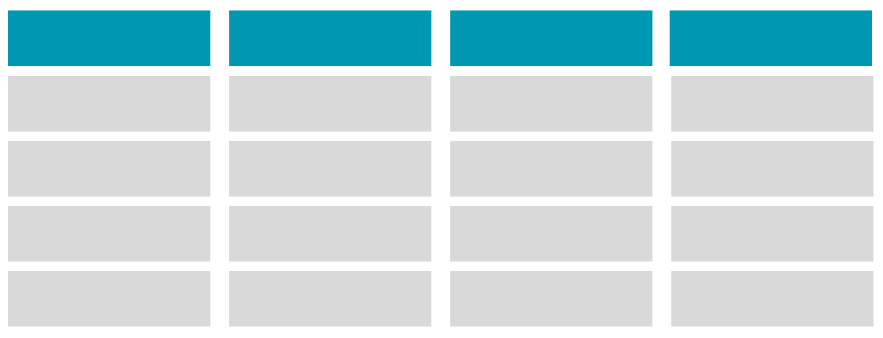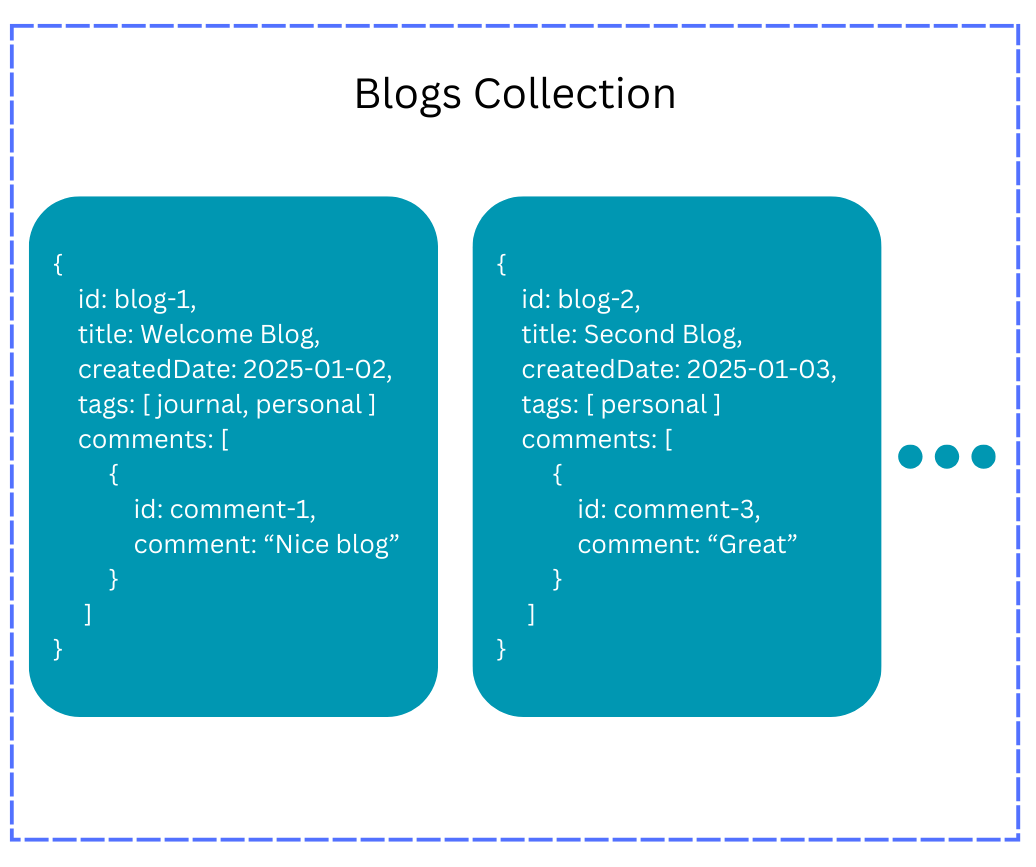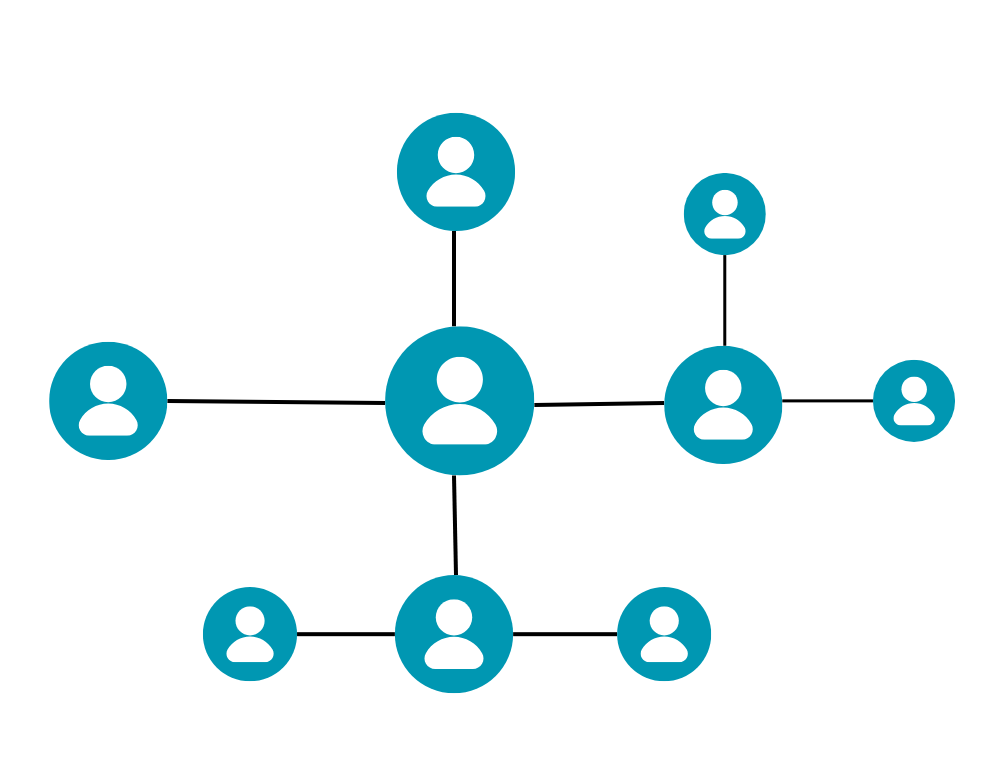NoSQL for Relational Minds
If you’ve mostly worked with relational databases, you’re missing out on the vast possibilities of NoSQL. Time to discover a world beyond rows and tables.
Join the DZone community and get the full member experience.
Join For FreeWhen developers first think about managing data or choosing a database for their application, the first thing that often comes to their mind is —

— that’s right, a table.
They then set up different tables for the different types of data, like having one table for users and another for products, orders, and so on. With data spread across different tables, they are bound to have a relationship with each other. Therefore, the tables will have references to the items in other tables via a foreign key. And finally, they may end up choosing a relational database every time to solve their problems. Especially when dealing with relations, the idea of a non-relational database might seem very unintuitive.
But the problem is — data isn’t always flat. Data requirements can be complex, and when developers visualize their data without considering databases, it's often not tabular. Instead, it may appear nested, hierarchical, or even graph-like.

You need not imagine a table every time you start to work with data. In modern applications, data often need to be of flexible schema with complex data types. Hence, flattening it into a table may not always be the best idea. On top of that, relational databases also come with their own scaling limitations. As you scale, you may need to worry about sharding, which often requires significant application-level changes.
Enter non-relational databases, or more commonly known as NoSQL. You may be missing out on extracting the full potential of NoSQL if you have been shunning them in your design choices. In this article, we quickly define what non-relational databases are and then provide different NoSQL database choices for different real-life problems.
Towards the end, we will also cover what advantages NoSQL databases provide over relational ones, and also touch upon scenarios where a relational database is still a better choice.
Non Relational Databases, or NoSQL
Simply put, these databases store data in a non-tabular format. They come in different types, each built for specific purposes and the kind of non-structured data they can support. The most common ones are:
- Document databases: Store data in JSON-like documents
- Key-value databases: Store data in with 'key-value' structure for unique keys.
- Graph databases: Uses nodes, edges, and properties to represent and store relationships between data points.
Other types are Column-oriented, in-memory, and time-series databases.
Different NoSQL database providers offer features such as creating indexes on certain fields, developer-friendly SDKs, high availability, transactional operations, and the ability to easily scale your database up or down.
Solving Real-Life Problems With NoSQL
Let’s see some examples where we solve real-life problems with NoSQL databases.
Building a Blog Application that Supports Comments and Tags
Document databases are best for such content management systems. Each content can be a separate document. The schema is flexible, and each document can contain sub-collections. You can leverage the array-field indexing capabilities of the document database providers to perform complex queries, for, e.g., fetching all blogs with their tags.

Social and Professional Networking Platforms
Graph databases help define complex relationships between people. Easily find friends of friends via graph searches.

IoT Sensor Data
Use time-series data to handle massive amounts of timestamped data from a sensor device.
Shopping Cart
Use a Key-value pair database, which offers high concurrency with quick reads and writes. You can also use key-value databases to store users' session information, and the shopping cart can be a field within the session (for an individual shopping session).
Recommendation Engines
Use graph databases to map relationships between users, products, and preferences.
Where NoSQL Outperforms Relational Databases
Below are some of the pointers where NoSQL databases provide advantages over relational databases:
- Developer productivity: NoSQL database providers offer APIs and SDKs tailored for modern application development, enabling faster prototyping and development.
- Scalability: NoSQL databases scale horizontally (where you simply need to add more servers or nodes), which is cost-effective and easier to manage compared to vertical scaling required by relational databases.
- Flexibility: NoSQL offers a flexible schema, which is perfect for agile development and evolving application requirements.
- Handling nested data: Oftentimes, data is nested or hierarchical, like in JSON or XML formats. NoSQL databases can support these formats, where a complex transformation may be required when using relational databases for these.
Where Relational Databases Still Hold an Edge
Below are some of the use cases where relational databases remain relevant and are a good idea.
- Analytics and reporting: Relational databases are optimized for ad-hoc queries, aggregations, and reporting. For any analytical and reporting use cases, relational databases are still a go-to choice.
- Heavy use of relations and joins: Although you can still manage and work with relations with NoSQL databases, if your application is very heavily dependent on joins across different dataset, relational databases can still a good idea.
- Consistency over availability: In scenarios where data consistency is more important than availability (e.g., financial transactions), relational databases can provide more guarantee.
And, this concludes our article. We explored what NoSQL databases are and how they address real-life challenges in data management. NoSQL databases open up a world of possibilities for modern applications, from their flexibility in handling complex data structures to the powerful features offered by providers. For those who haven’t yet tried their hand at NoSQL, I hope this inspires you to give it a shot in your next project — you might just find it to be the perfect fit for your needs.
Opinions expressed by DZone contributors are their own.

Comments